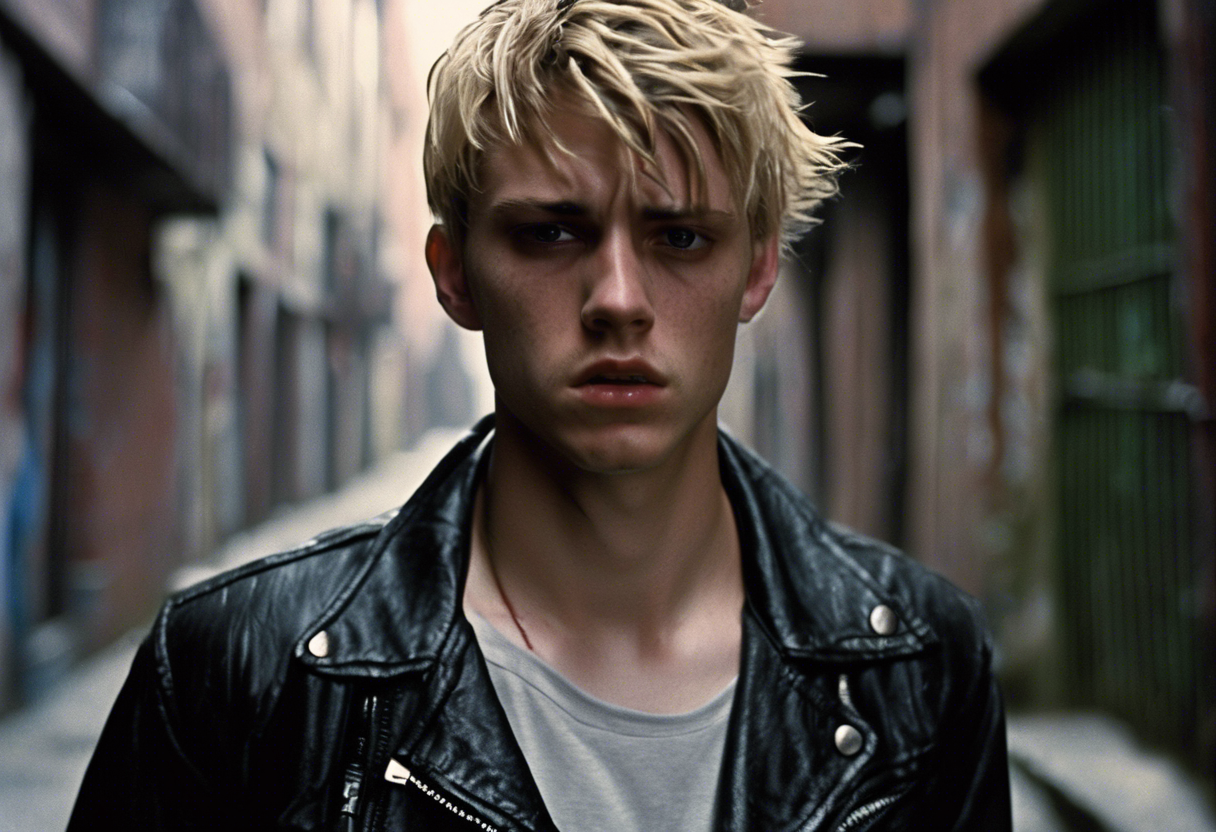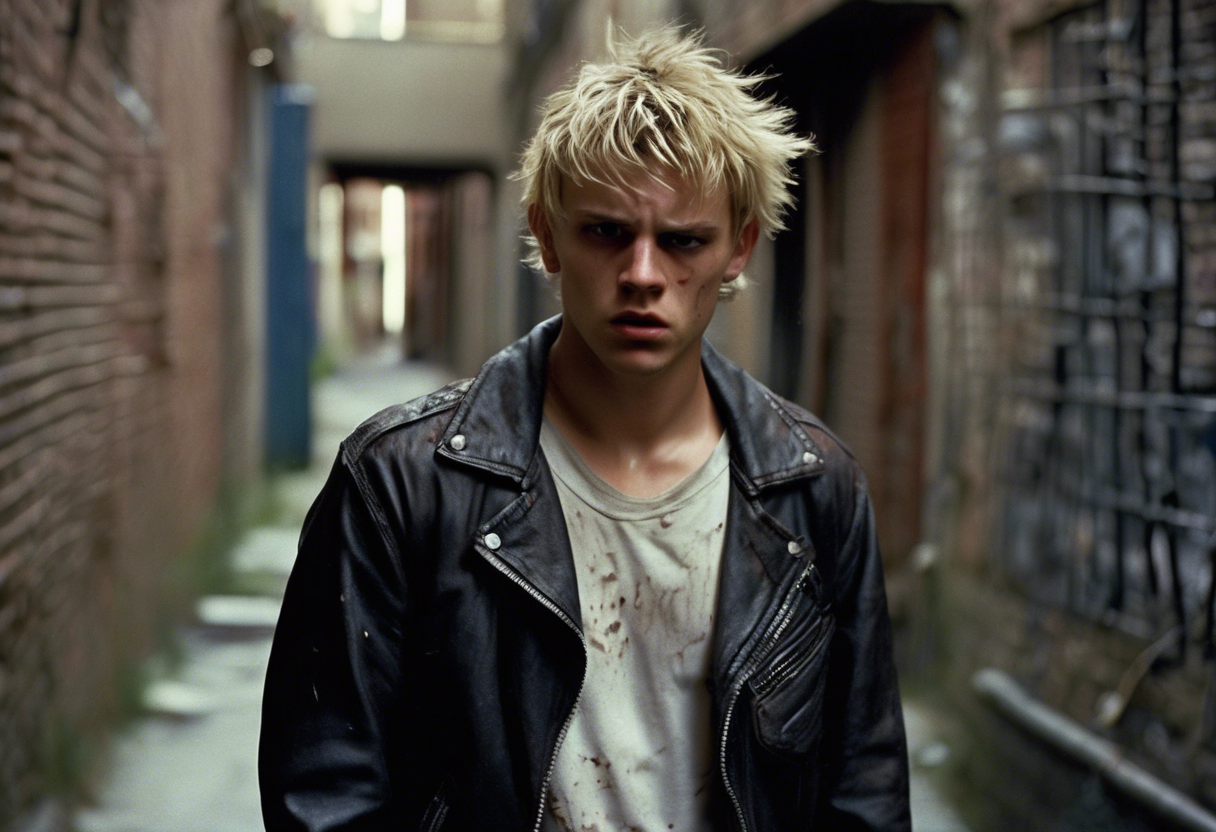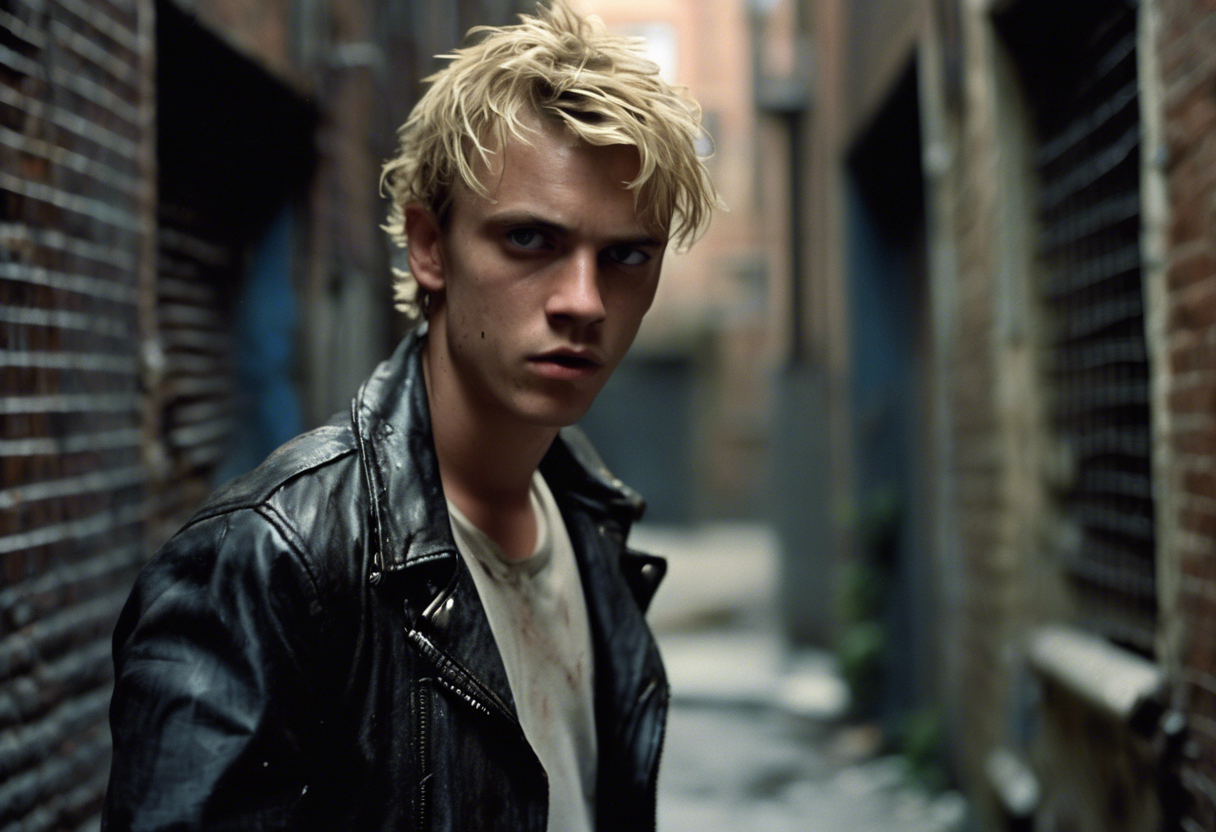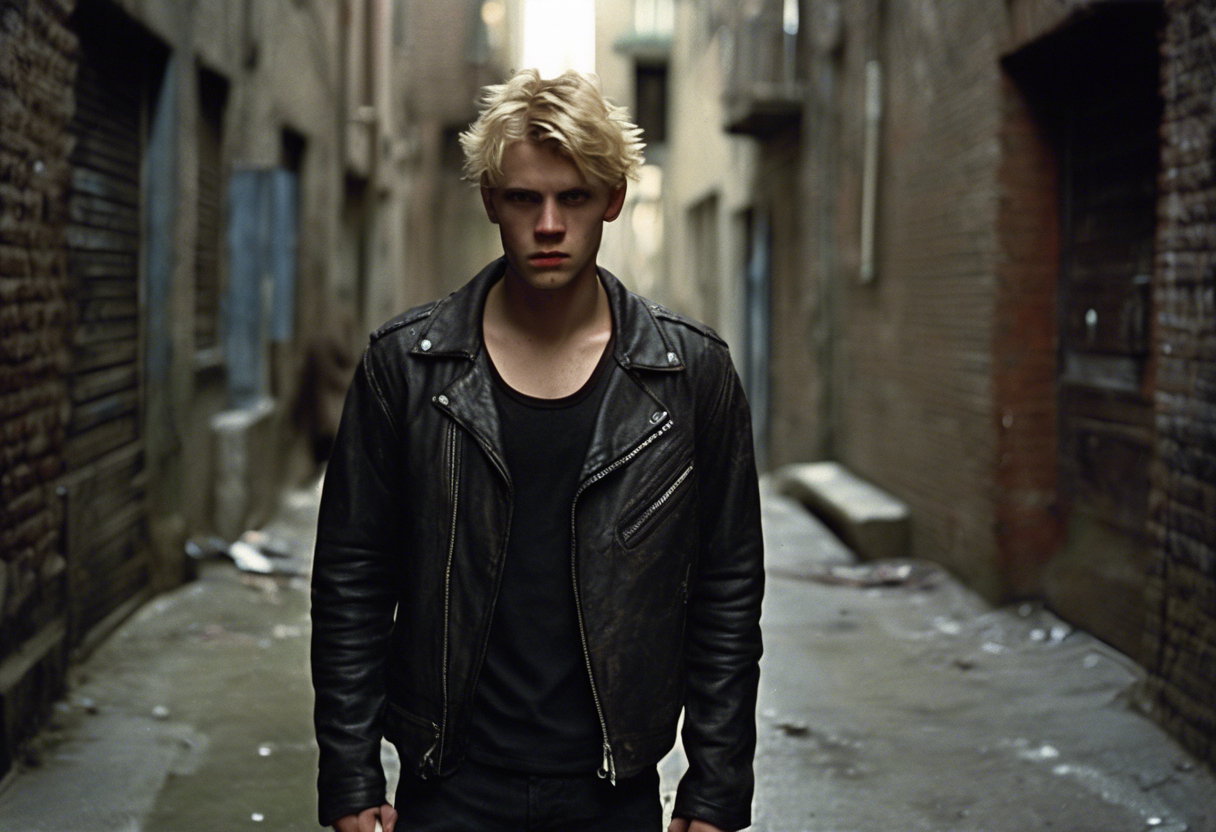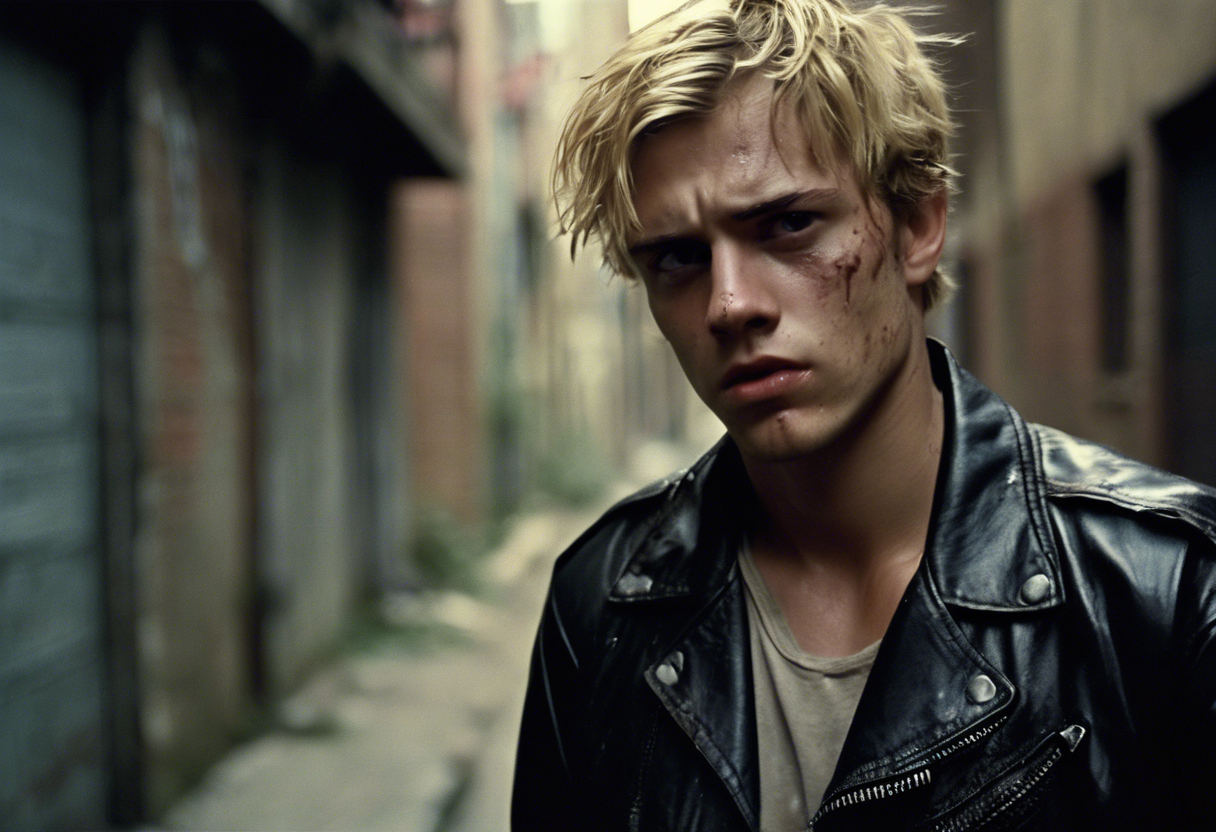Contents
Steve McKenna: A Comprehensive Analysis of the Character from The Mechanic
Introduction
Steve McKenna is a pivotal character in the movie "The Mechanic," a role that has been portrayed by two different actors in two distinct film adaptations: Jan-Michael Vincent in the 1972 version and Ben Foster in the 2011 remake. Created as the son of a significant figure in the criminal underworld, Steve McKenna’s character adds a complex layer to the narrative of both films. This article will delve into the creation, backstory, defining traits, and the role Steve McKenna plays in the story, as well as his significance, character analysis, themes, cultural impact, critical reception, and legacy.
Role in the Story
1972 Version
In the 1972 film directed by Michael Winner, Steve McKenna is introduced as the son of "Big Harry" McKenna, a high-ranking member of a secretive international criminal organization. After Arthur Bishop (Charles Bronson) is assigned to kill Big Harry, he meets Steve at the funeral. Steve is portrayed as narcissistic, ruthless, and ambitious, traits that intrigue Bishop, who sees potential in the young man to become a hitman. Bishop decides to mentor Steve, teaching him the intricacies of his profession. As their partnership evolves, Steve’s eagerness and sometimes reckless behavior create tension and conflict, particularly with the organization they work for. The duo embarks on a mission to Naples, where they face numerous challenges and ultimately discover that they are being set up to be killed[2][4].
2011 Version
In the 2011 remake directed by Simon West, Steve McKenna (Ben Foster) is again the son of Harry McKenna (Donald Sutherland), but the context is slightly different. After Arthur Bishop (Jason Statham) is forced to kill Harry on orders from his employer Dean, he encounters Steve at the funeral. Steve, driven by rage and a desire for revenge, is stopped by Bishop from killing a would-be carjacker. Recognizing Steve’s potential, Bishop agrees to train him as a hitman. Steve’s journey involves learning the meticulous and disciplined approach of a professional killer, though his impulsive nature often puts him and Bishop at risk. The relationship between Bishop and Steve is central to the plot, as they navigate the complexities of their profession and the rules imposed by their employer[3].
Character Analysis
Steve McKenna’s character is defined by his ambition, ruthlessness, and a deep-seated need for validation and recognition. In both versions, he is driven by a desire to prove himself, often leading to reckless decisions that contrast with the calculated approach of his mentor, Arthur Bishop.
Personality and Motivations
Steve’s personality is marked by narcissism and a lack of empathy, traits that are essential for a hitman but also create interpersonal conflicts. His motivations are rooted in a desire for power and respect within the criminal underworld. In the 1972 version, Steve’s ambition is more overtly driven by a need to surpass his father’s legacy, while in the 2011 version, it is more about seeking revenge and proving his worth to Bishop[2][3].
Strengths and Flaws
One of Steve’s strengths is his adaptability and eagerness to learn, which allows him to quickly grasp the skills required to be a hitman. However, his impulsiveness and lack of discipline are significant flaws that often put him and those around him in danger. This dichotomy makes Steve a compelling character, as audiences can see both his potential and his vulnerabilities[2][3].
Development
Throughout both films, Steve undergoes significant development. Initially, he is portrayed as a novice with raw talent but lacking in experience and discipline. As the story progresses, he learns from his mistakes and becomes more refined in his approach, though his core personality traits remain intact. This development adds depth to his character, making him more relatable and human[2][3].
Themes and Symbolism
Steve McKenna embodies several key themes in "The Mechanic."
Mentorship and Legacy
The relationship between Steve and Arthur Bishop highlights the theme of mentorship and the passing of knowledge from one generation to the next. Steve’s desire to follow in his father’s footsteps and Bishop’s reluctance to take on a protégé add layers to the narrative, exploring the complexities of legacy and the weight of responsibility[2][3].
Identity and Belonging
Steve’s character also symbolizes the struggle for identity and belonging. His need for validation and recognition within the criminal underworld reflects a broader human desire to find one’s place in the world. This theme is particularly poignant in the 2011 version, where Steve’s relationship with Bishop serves as a surrogate for the familial bond he lacks[3].
Morality and Ethics
The character of Steve McKenna raises questions about morality and ethics, particularly in the context of their profession. His actions and decisions often blur the lines between right and wrong, forcing both the characters and the audience to confront the moral implications of their choices[2][3].
Cultural Impact
Steve McKenna’s character has had a notable impact on popular culture, particularly in the genre of action and crime films.
Reception and Portrayal
Both Jan-Michael Vincent and Ben Foster received praise for their portrayals of Steve McKenna. Vincent’s performance in the 1972 film was noted for its intensity and charisma, while Foster’s portrayal in the 2011 remake was praised for its emotional depth and complexity[2][3].
Influence on Popular Culture
The character of Steve McKenna has influenced other works in the action and crime genres. His dynamic with Arthur Bishop has become a template for mentor-protégé relationships in similar films, highlighting the tension and camaraderie that can exist between characters in high-stakes professions[2][3].
Critical Reception
Critics and audiences have had varied but generally positive reactions to the character of Steve McKenna.
Praise and Criticism
In the 1972 version, Jan-Michael Vincent’s performance was praised for its energy and presence, though some critics noted that the character’s development was somewhat limited. In the 2011 remake, Ben Foster’s portrayal was lauded for its nuance and emotional depth, with many praising the chemistry between Foster and Jason Statham[2][3].
Interpretations
Interpretations of Steve McKenna’s character have varied, with some seeing him as a symbol of the destructive nature of ambition and others as a complex figure grappling with his own morality. These differing interpretations reflect the multifaceted nature of the character and the depth of the narrative[2][3].
Legacy
Steve McKenna’s character has left a lasting impact on the genre of action and crime films.
Enduring Appeal
The character’s enduring appeal lies in his complexity and the themes he embodies. His journey from a novice to a skilled hitman, coupled with his personal struggles and relationships, makes him a compelling and relatable figure[2][3].
Contemporary Relevance
In contemporary discussions, Steve McKenna’s character remains relevant as a symbol of the ongoing debate about morality, identity, and the consequences of one’s actions. His story continues to inspire new works and character archetypes, ensuring his legacy in the world of cinema[2][3].

